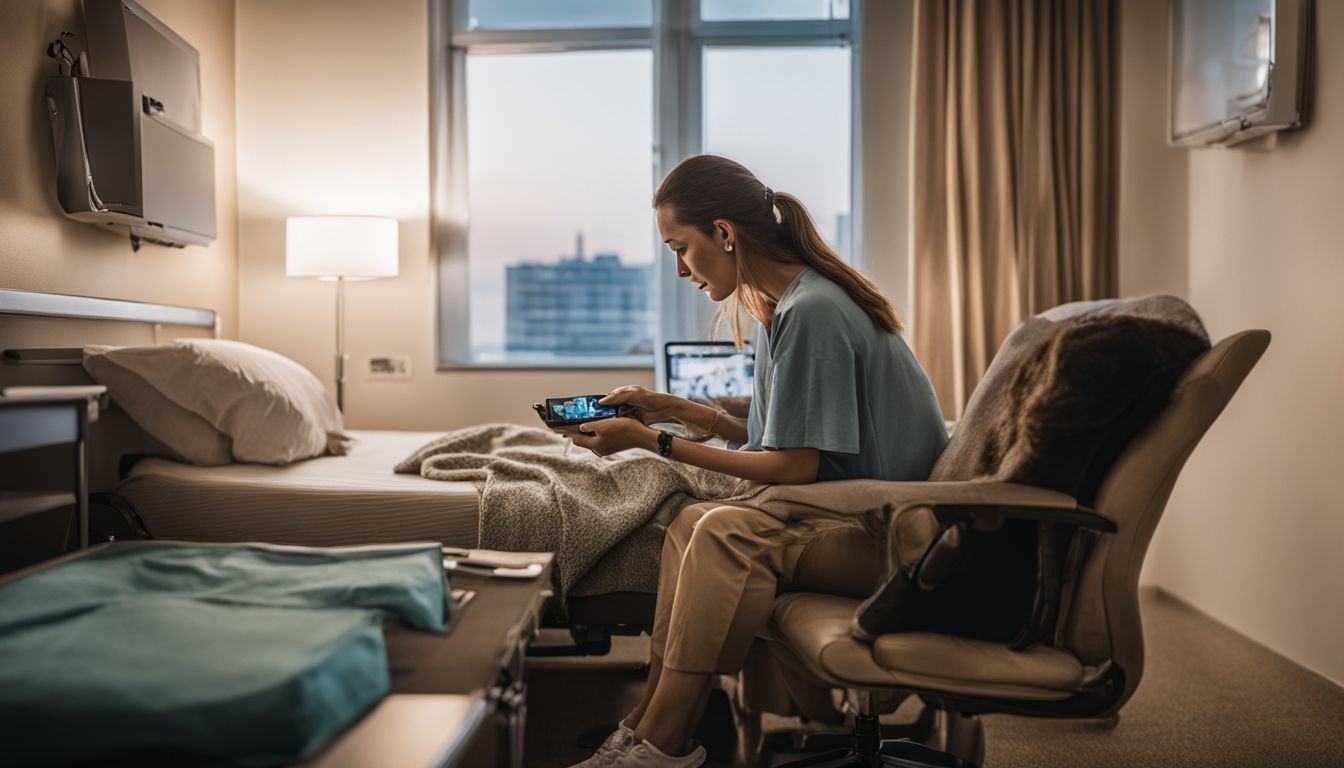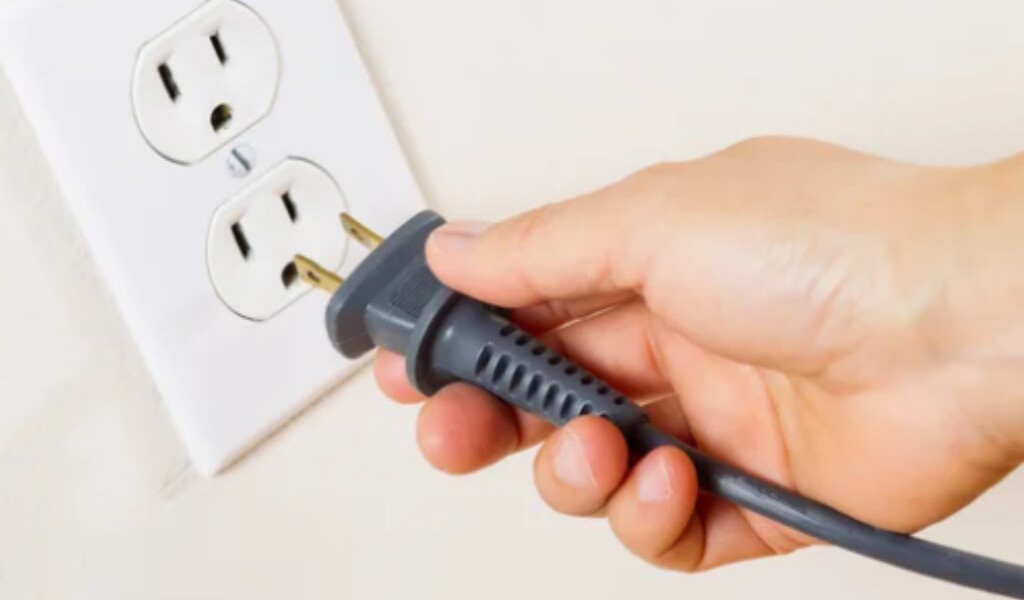Watching a parent age can bring complex emotions and new responsibilities. As their needs evolve, establishing a consistent emotional support routine becomes crucial for their psychological well-being and quality of life. Recent research reveals that structured emotional support interventions can significantly improve mental health outcomes for aging parents – but how can you implement these findings in your daily caregiving routine?
Understanding the Impact of Daily Emotional Support
A comprehensive meta-analysis of 37 controlled studies, involving 2,425 adults aged 60 and older, demonstrated remarkable improvements in psychological well-being through consistent emotional support interventions1. The research showed significant reductions in loneliness and depression, along with enhanced self-esteem and life satisfaction when emotional support was provided regularly.
The effectiveness of emotional support interventions is striking. When implemented consistently over 4-26 weeks, these programs showed substantial positive outcomes:
Depression levels decreased significantly, with improvements continuing well after the initial intervention period. The research documented a medium-sized reduction immediately following support programs, with even stronger positive effects during follow-up assessments1. This highlights how creating a sustainable daily routine can lead to lasting benefits for your parent’s mental health.
Perhaps most notably, structured emotional support showed powerful effects on reducing loneliness – a common challenge for aging parents. The studies revealed significant improvements in participants’ sense of connection and social well-being, with effects strengthening over time1.
Creating a Supportive Environment
A crucial aspect of emotional support often overlooked is the physical environment where care takes place. Hospital beds from SonderCare can play a vital role in creating a dignified, comfortable space that promotes independence while facilitating emotional connection. The Aura Premium bed series, for instance, allows your parent to adjust their position easily, enabling more engaging face-to-face conversations and comfortable participation in activities.
Implementing Daily Support Strategies
Based on the research findings, here are evidence-based approaches to incorporate into your parent’s daily routine:
Reminiscence Therapy: Set aside time each day to engage in meaningful conversations about your parent’s life experiences and memories. This approach showed significant positive effects on both self-esteem and life satisfaction in the studies1.
Validation Therapy: Practice active listening and emotional validation during daily interactions. This technique helps reduce feelings of isolation and strengthens emotional connections.
Structured Activity Sessions: Research indicates that regular engagement in purposeful activities, lasting between 30-120 minutes, can enhance cognitive function and emotional well-being1. Consider activities that can be comfortably done from their SonderCare bed, such as reading together, gentle exercises, or craft projects.
Supporting Independence and Dignity
A critical aspect of emotional support is maintaining your parent’s sense of independence. SonderCare’s Aura series beds feature intuitive controls and positioning options that allow your parent to adjust their environment independently. This autonomy can significantly boost self-esteem – an outcome that showed substantial improvement (effect size 0.98) in the research studies1.
Creating Consistent Support Patterns
The research emphasizes that consistency in emotional support delivery yields the strongest results. While the studies showed positive outcomes with weekly sessions, incorporating brief daily interactions proved most beneficial. Consider these practical approaches:
– Schedule regular check-ins at times when your parent is most alert
– Create comfortable conversation spaces using appropriate bed positioning
– Incorporate both structured activities and spontaneous interactions
– Maintain a predictable routine while remaining flexible to your parent’s needs
The Role of Physical Comfort in Emotional Well-being
Physical comfort significantly influences emotional state and receptiveness to support. A properly equipped care environment, including an appropriate hospital bed, can facilitate more meaningful interactions. SonderCare’s range of beds, including the Aura Extra Wide and Aura Platinum models, provide features that enhance both physical comfort and emotional well-being:
– Smooth positioning adjustments that maintain dignity
– Quiet operation that doesn’t disrupt conversations
– Stable support for shared activities
– Height adjustment for eye-level interactions
Research indicates that when physical comfort is optimized, participants showed greater engagement in emotional support activities and reported higher satisfaction levels with their care experience1.
Creating an emotional support routine for your aging parent is a journey that requires patience, consistency, and the right tools. While the research shows promising results from structured support programs, remember that every parent’s needs are unique. By combining evidence-based emotional support strategies with appropriate environmental supports like SonderCare’s hospital beds, you can create a comprehensive care approach that nurtures both physical and emotional well-being.
Sources:
1. Lin CL, Chen R, Kustanti CY, et al. “The Effectiveness of Emotion-Oriented Approaches on Psychological Outcomes and Cognitive Function in Older Adults: A Meta-Analysis of Randomised Controlled Trials.” Journal of Global Health, 2024.

















